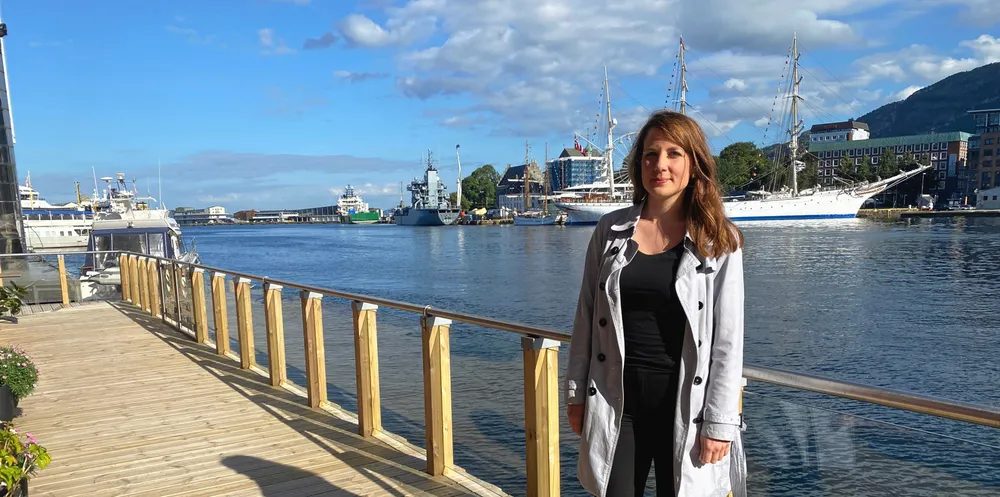'It is clear that we are very concerned': Grieg Seafood puts all investment decisions on hold amid proposed Norway salmon tax hike
Salmon giant says it is very concerned about the consequences of a proposed new tax on aquaculture companies.

Salmon giant says it is very concerned about the consequences of a proposed new tax on aquaculture companies.
